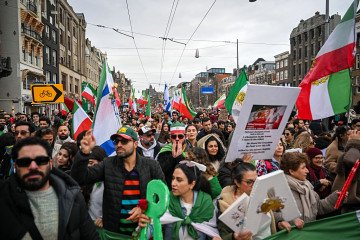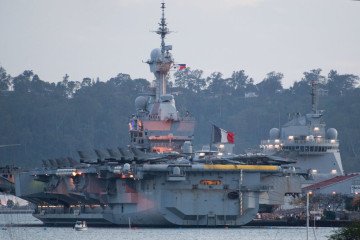- Category
- Latest news
Russia’s Foreign Direct Investment Falls as Sanctions and Risks Persist
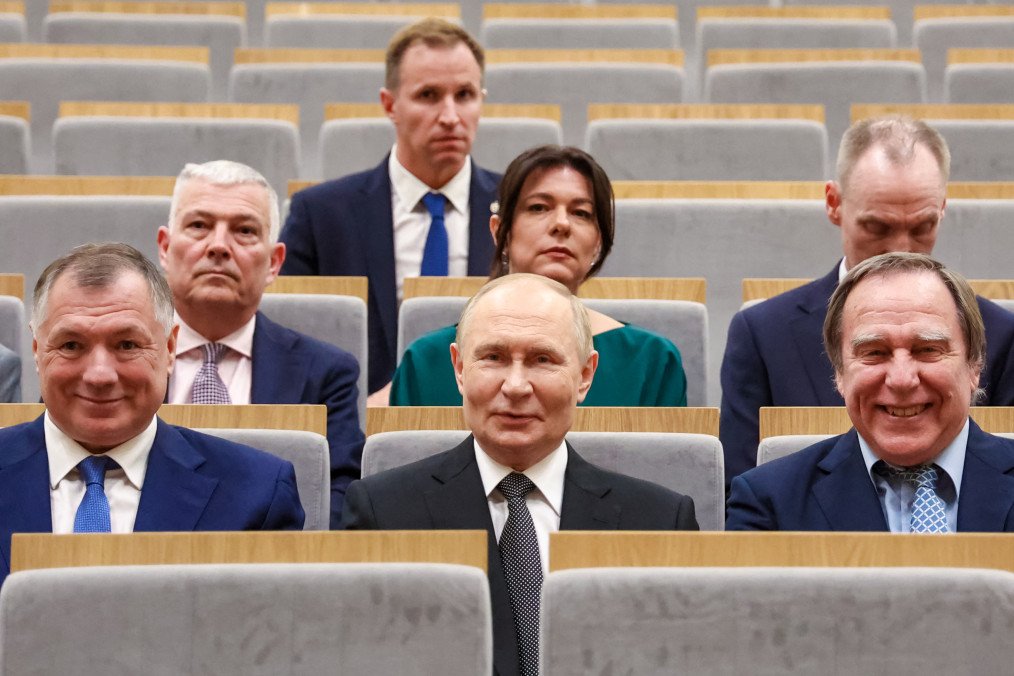
Foreign direct investment into Russia has fallen significantly, according to United Nations data reported by Reuters on June 19.
The trend reflects ongoing economic uncertainty, with this week’s St. Petersburg International Economic Forum (SPIEF) highlighting limited foreign participation and a shift toward domestic priorities.
Once a key platform for global investment and East-West business dialogue, SPIEF has in recent years taken on a more regional tone. Western investors were largely absent from this year’s event, reflecting ongoing sanctions, reputational concerns, and legal uncertainties.
“Even if the conflict [war] ended tomorrow, political and market risks would still weigh heavily on investor decisions,” said Sergei Aleksashenko, a former deputy governor of Russia’s central bank. He pointed to concerns over property rights and an increase in state control over private assets as major deterrents.
In recent years, Russian authorities have assumed control of several foreign-owned companies, including Domodedovo Airport and agricultural firm Rodnie Polya, citing national security concerns. These developments have contributed to investor hesitancy.
Some multinational corporations—such as PepsiCo, Nestlé, and Mondelez—continue to operate in Russia in a reduced capacity. Quiet lobbying also continues behind the scenes, with the American Chamber of Commerce (AmCham) advocating for open channels of dialogue. However, according to AmCham President Robert Agee, an end to the war remains a necessary condition for broader re-engagement by US businesses.
-4311f66b021df23a1eff29eba5d0d105.png)
Denis Denisov, managing partner at the communications firm EM, described this year’s forum as primarily focused on domestic business and government relations, rather than international promotion.
Although economic pressures remain—Economy Minister Maxim Reshetnikov has acknowledged the risk of recession—some local investors continue to seek opportunities, particularly within defense-related and state-supported sectors.
Speaking at the forum, Jean-Jacques Coppee, a legal advisor participating in the Russia-France panel, described the current environment as complex but not without potential.
“The rule is pragmatism,” he said. “Pragmatism and opportunism.”
Previously, it was reported that Russia is rapidly depleting its economic and military resources and could face a severe economic crisis by the end of 2025, according to Oleg Ivashchenko, head of Ukraine’s Foreign Intelligence Service.


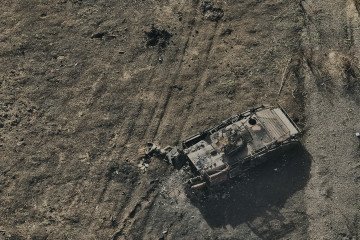

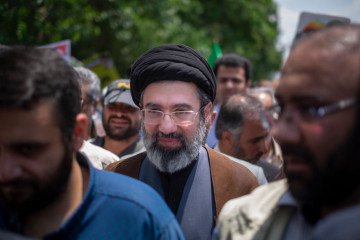
-72b63a4e0c8c475ad81fe3eed3f63729.jpeg)
